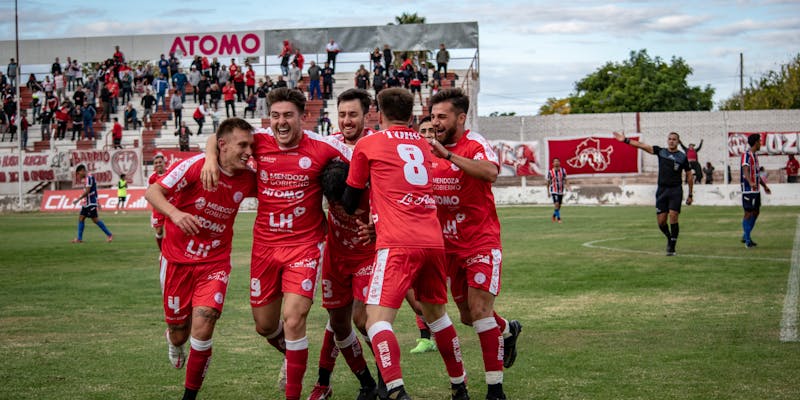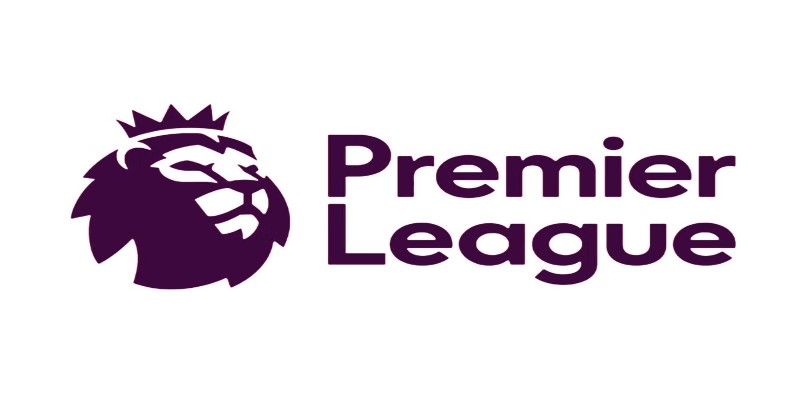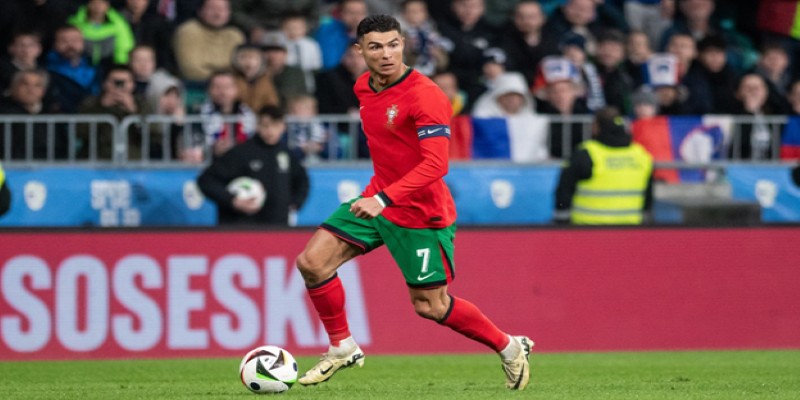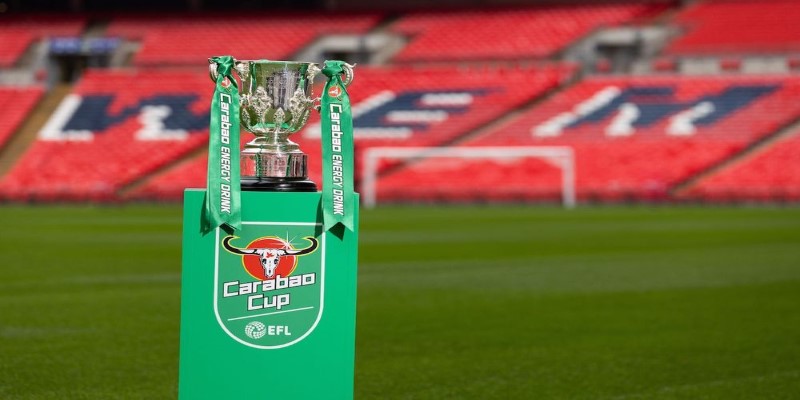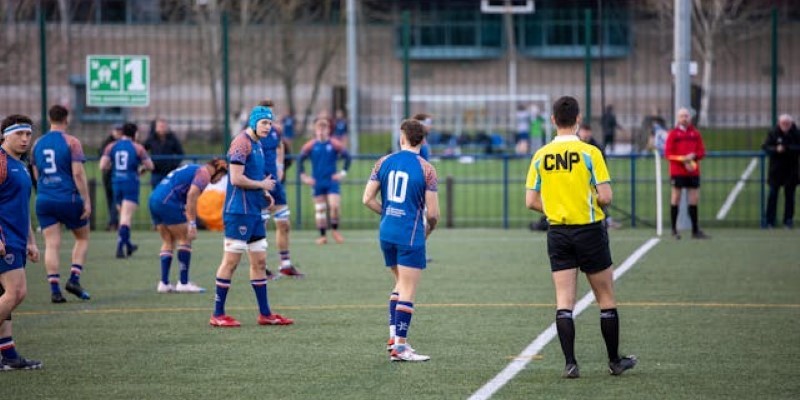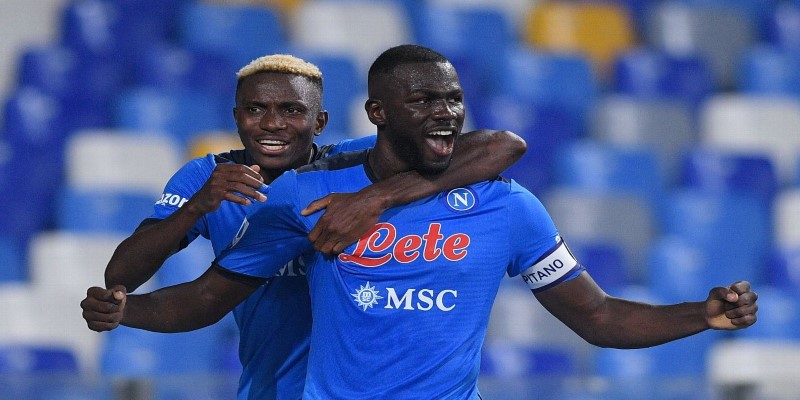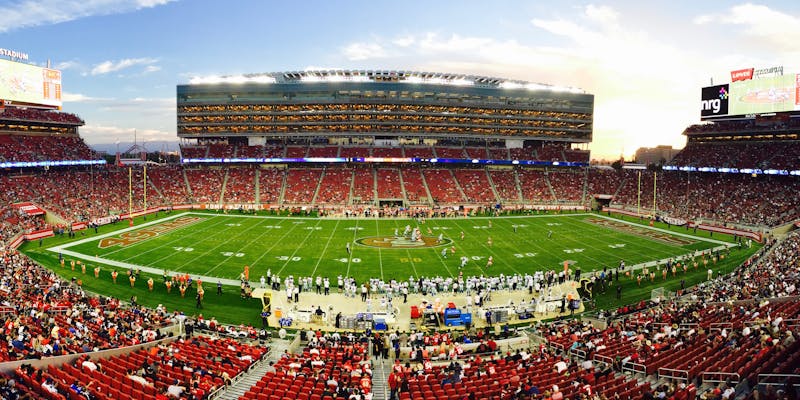The ultimate accomplishment in football is to win the European Cup, which is also known as the UEFA Champions League. But after this success, some teams saw a sharp downturn that resulted in relegation from their home top division. A club that performs poorly gets demoted or relegated to a lesser division. This article looks at which European Cup champions were knocked down the quickest and discusses the reasons behind their decline in prominence. So, let's get started!
Fastest Relegations of European Cup Winner
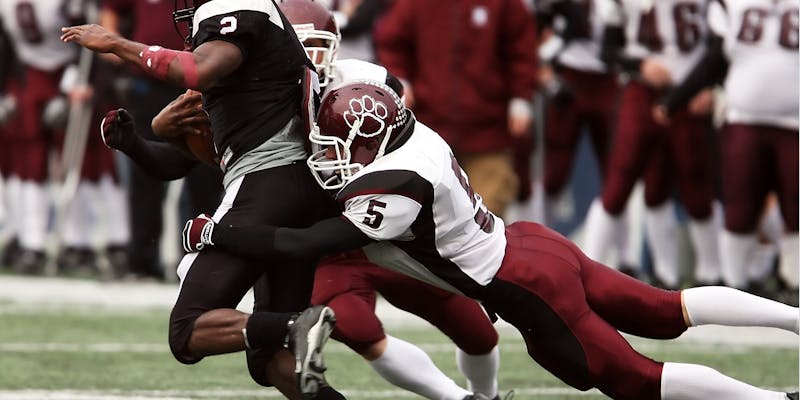
Football is a sport with a variety of highs and lows. A team may be experiencing the heart-stopping kick of relegation one season after enjoying a significant win.
Olympique De Marseille
One of the most memorable football journeys in history is Marseille's transition from European winners to relegation. The French team defeated AC Milan 1-0 in the final to win the Champions League in 1993. Their happiness was short-lived, nevertheless, as they were demoted in 1994 as a result of their role in a match-fixing incident.
The team suffered a great deal as a result of this scandal, including losing the French league championship for 19921993. Furthermore, Marseille was demoted to the French second-tier league in 1994 as a result of the scandal and financial troubles. This was one of the fastest falls from glory in European football historythey were relegated only a year after winning the European Cup.
Aston Villa
Aston Villa, a storied football team based in Birmingham in the United Kingdom, is a perfect representation of a group that fell from prominence quickly. They were victorious in the 1982 European Cup, which is currently called the UEFA Champions League. The club achieved a great deal with this, displaying their skill and commitment on a large platform.
However, only a few years after their triumph in Europe, Aston Villa went through a difficult time. When the 19861987 season rolled around, Villa was having trouble competing in the highest division of English footballthe English First Division. They made an attempt to stay in the First Division, but they were dropped to the Second Division.
Nottingham Forest
Another English team with a remarkable record in European competitions is Nottingham Forest. In 1979 and 1980, Forest lifted the European Cup back-to-back under Brian Clough's leadership. Their status in football history was strengthened by these consecutive victories. But Nottingham Forest's glory was short-lived as they quickly declined.
They were demoted from the newly established Premier League, which had taken the place of the First Division as the top division in English football, for the 19921993 season. The club's rapid decline began with this relegation, which occurred just thirteen seasons after their second European Cup victory.
Hamburger SV
In 1983, a well-known German team called Hamburger SV won the European Cup. Their greatest achievement to date, this triumph demonstrated their strength on the European scene. However, the team had difficulties hanging on to their position in the Bundesliga, the premier league of German football.
Over the years, Hamburger SV suffered in their own league despite their past competence. They were relegated during the 201718 season, marking the end of their uninterrupted tenure in the Bundesliga since the league's founding in 1963. This relegation, which happened 35 years after they won the European Cup, highlights an extended time of slow decline prior to their final fall to the second division.
United Manchester
One of football's most distinguished teams, Manchester United, captured the European Cup in 1968. In 1974, after six seasons, they were demoted from the First Division. The team that suffered the drop included players like Alex Stepney and Brian Kidd, who participated in the 1968 championship game. Kidd relocated to Arsenal, but Stepney remained with United. Legendary player George Best was a member of United during the 197374 season, although he had already left by the time United was relegated.
Milan AC
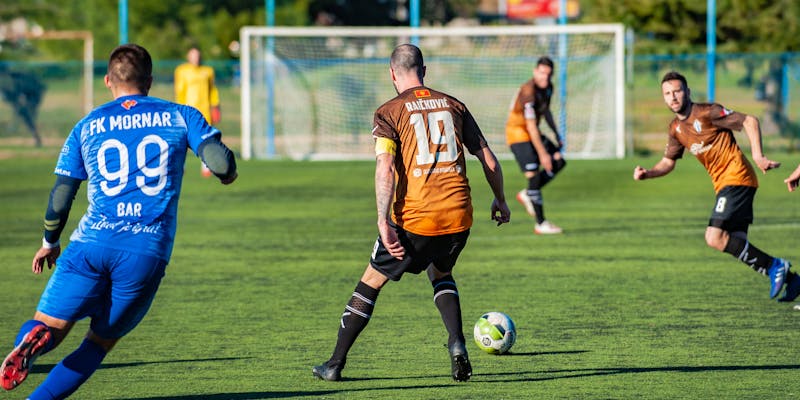
After winning the European championship in 1969, AC Milan saw a sharp decline 13 seasons later. As a result of the Totonero affair, the team was demoted from Serie A in 1982. This match-fixing incident, which first came to light in 1980, included a number of elite Italian teams and athletes in match-fixing.
Milan was among the most severely affected clubs, experiencing serious sports setbacks in addition to harm to their brand. A major low point in Milan's remarkable history was reached when the scandal resulted in the team's forced relegation to Serie B. Milan was a dominant force in European football, but they were unable to avoid the pervasive corruption that afflicted Italian football at the time.
Juventus
Juventus, one of Italy's most illustrious football clubs, faced an unprecedented and swift relegation in 2006 despite its remarkable history and multiple European triumphs, including the European Cup wins in 1985 and 1996. This unexpected downfall was the result of the Calciopoli scandal, a major match-fixing scandal that rocked Italian football. In the wake of the scandal, Juventus was demoted to Serie B for the 2006-2007 season, marking a significant departure from their usual position at the pinnacle of Italian football. The scandal not only stripped Juventus of their 2005 and 2006 Serie A titles but also tarnished the club's reputation. Despite these setbacks, Juventus managed to bounce back quickly, winning the Serie B title and securing promotion back to Serie A after just one season.
Conclusion
In conclusion, even winning the UEFA Champions League, the height of football accomplishments, does not ensure long-term success. The article examined the quick falls of European Cup winners to show how quickly things can turn around in football. Soon after their victories in Europe, Olympique de Marseille, Aston Villa, Nottingham Forest, Hamburger SV, Manchester United, AC Milan, Parma, and Leeds United were all in danger of being relegated. Their downfall was caused by a number of factors, including bad performances, scandals, and economic difficulties.
